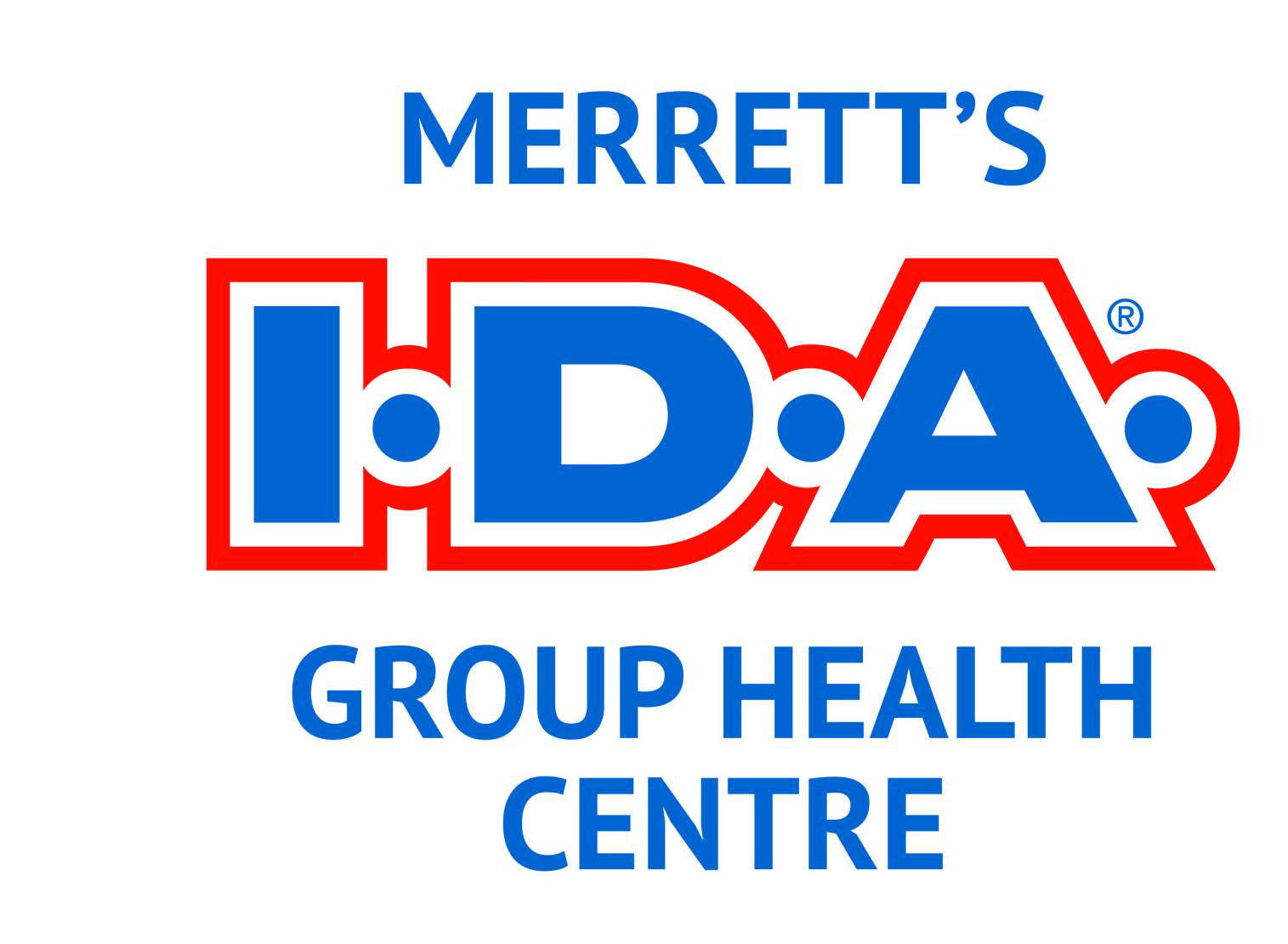About Vitamins & Minerals
6 MYTHS AND 1 FACT ABOUT VITAMINS AND MINERALS
- EVERYONE SHOULD TAKE DAILY VITAMIN SUPPLEMENTS TO STAY HEALTHY OR PREVENT DISEASE.
A number of vitamins and minerals are used to treat or prevent certain specific health problems, for example, folic acid for pregnant women or iron supplements for people with iron deficiency anemia.
However, research has not shown that there is any advantage for healthy people who eat well to take vitamin supplements, for example to ward off colds or avoid fatigue.
Health Canada recommends that Canadians meet all their vitamin and mineral requirements with their dietary intake alone, by eating a variety of foods that are processed as little as possible and that come from each of the food groups. It is recommended that these vitamins and minerals come from your diet, as they also come with other essential nutrients such as fibres and proteins.
- I DON’T HAVE TO WORRY ABOUT WHAT I EAT IF I TAKE VITAMIN AND MINERAL SUPPLEMENTS.
Just because you take vitamin and mineral supplements doesn’t mean you can eat poorly. A diet that is unbalanced, in addition to possibly being low in minerals and vitamins, may also be high in fat, sugar, or salt, which can lead to a host of health problems.
While vitamin or mineral supplements can compensate for certain dietary deficits, they will not make up for the negative effects of poor diet on your health.
- PEOPLE WHO ALWAYS EAT THE SAME THING ABSOLUTELY NEED VITAMIN OR MINERAL SUPPLEMENTS.
Before opting for supplements, it’s important to take the time to analyze your diet. Even if your diet is not especially varied, provided it includes all the food groups, it may still provide all your dietary requirements.
A deficiency doesn’t occur until your body has depleted all its reserves, and in fact, your body has several weeks or months worth of vitamin reserves. Unless your diet is severely lacking, there is generally no need to take supplements.
The best way to determine whether something is missing from your diet is to consult a registered dietician, who can provide you with personalized advice to help you fulfill your nutritional requirements.
If, despite your best efforts, your vitamin and mineral requirements are still not being met, you may need to consider taking supplements.
- IF I TAKE IRON SUPPLEMENTS OR MULTIVITAMINS, IT WILL HELP ME REGAIN MY ENERGY.
Low energy is often a sign of an unhealthy lifestyle (sedentary lifestyle, stress, sleep disorder) or an accumulation of fatigue. In this case, a vitamin or iron supplement will have no incidence on your energy level.
Supplements may be recommended when lack of energy is linked to a deficiency, for example anemia caused by iron deficiency. Only a doctor can diagnose you with a deficiency and prescribe the appropriate treatment.
- VITAMIN AND MINERAL SUPPLEMENTS ARE TOTALLY HARMLESS.
While they are essential to good health, vitamin and mineral supplements are not entirely harmless. When they’re taken for too long or at a dose that’s too high, some vitamin and mineral supplements can accumulate in the body and have a harmful effect on your health. Children and older adults are especially at risk of vitamin overdose, as their organs that are responsible for processing and eliminating supplements do not always function to their fullest potential.
To avoid these situations, talk to your pharmacist.
- I DON’T NEED TO ADVISE MY PHARMACIST THAT I’M TAKING VITAMIN OR MINERAL SUPPLEMENTS.
Some vitamins and minerals can either lessen or enhance the effect of certain prescription or over-the-counter medicines and may even be contraindicated if you have health problems.
If you take vitamin or mineral supplements, inform your pharmacist.
- FACT: PHARMACISTS AND DIETICIANS ARE THE GO-TO PEOPLE IF YOU HAVE QUESTIONS OR CONCERNS ABOUT YOUR VITAMIN AND MINERAL REQUIREMENTS.
Registered dieticians are qualified to analyze your diet in detail and make personalized recommendations for you. Some pharmacies offer consultation services with a registered dietician. Inquire at your pharmacy.
If you do need to take a supplement, your pharmacist will be there to recommend the product best suited to your needs.
